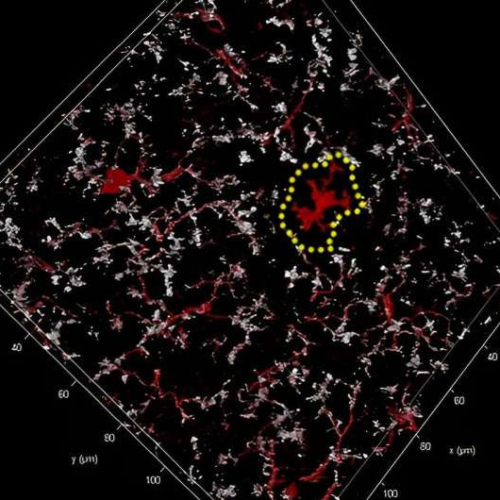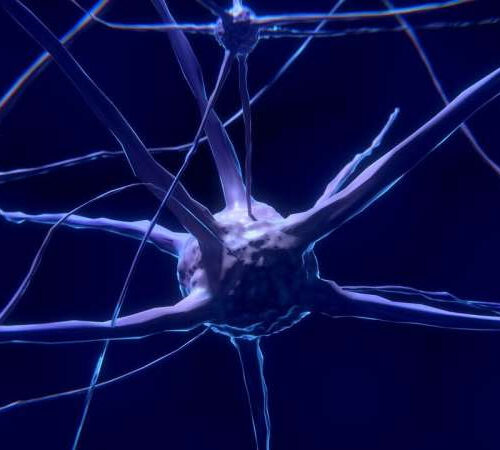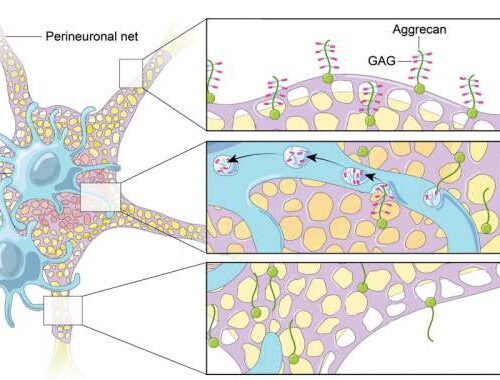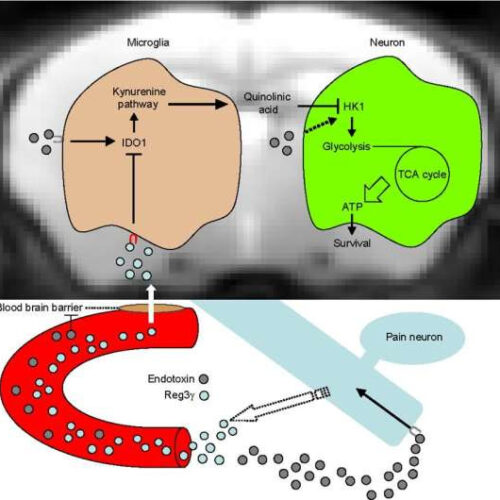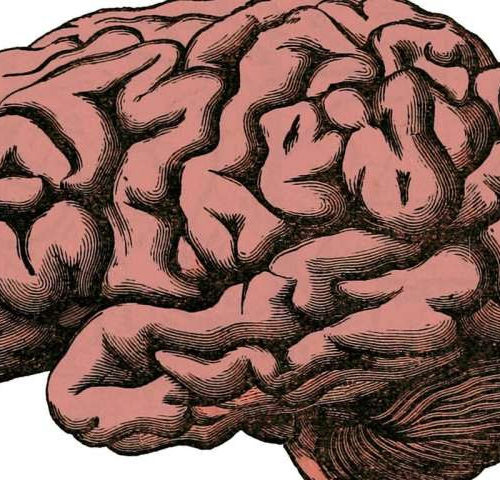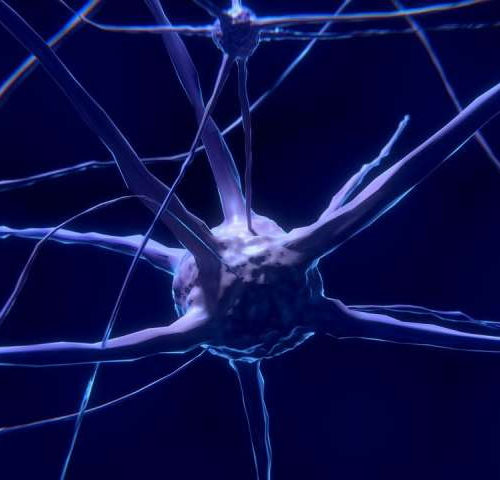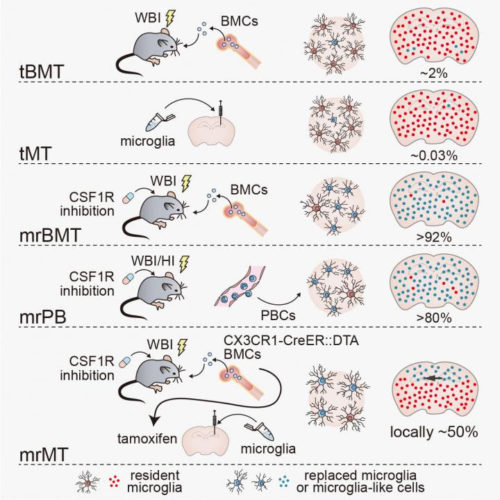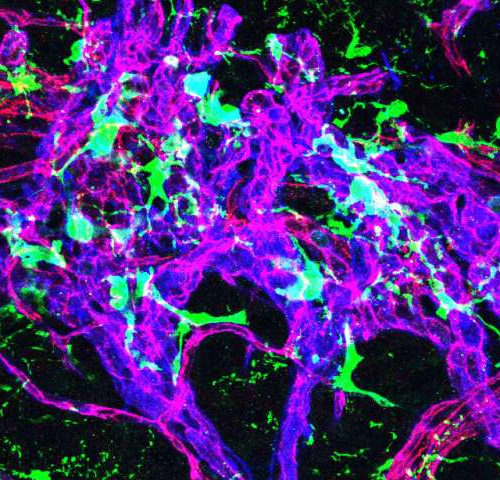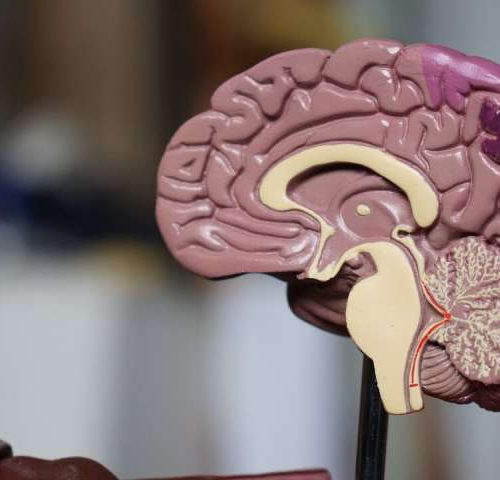JUNE 24, 2024 by Tim Tedeschi, University of Cincinnati A 3D rendered confocal image shows a single TGF- β1 knockout microglia being activated while it is surrounded by normal microglia that do not have the gene deletion. Credit: Agnes (Yu) LuoA new study led by University of Cincinnati researchers sheds new light on the role...
Tag: <span>microglia</span>
Study shows how microglia are prompted to change their state to adapt to different areas of the brain
by Harvard University Credit: CC0 Public Domain From everyday actions like walking and talking to feats of athletic or academic excellence, the brain is constantly acquiring and seamlessly processing information to produce these incredible behaviors. The process requires a whole orchestra of cells listening to each other and tuning their functions to harmonize together. One...
Activation of microglia in the spinal cord after nerve injury found to contribute to pain hypersensitivity
by Bob Yirka , Medical Xpress A perineuronal net surrounding a projection neuron in the spinal cord and depicts microglia digesting the net. Degradation of the perineuronal net by microglia causes increased neuronal activity and pain. Credit: Designs that Cell A team of researchers working at McGill University has found that activation of microglia in...
Pain neuron-derived peptide prevents endotoxic death by targeting kynurenine pathway in microglia
by National Institutes of Natural Sciences Pain neuron-derived Reg3γ protects brain metabolism of LPS challenged mice. Credit: Kenta Maruyama A research team led by the National Institute for Physiological Sciences and joined by Hokkaido University explored the role of pain neurons in the regulation of endotoxic death. They found that peptide named Reg3γ acts as...
An unexpected role for the brain’s immune cells
by Julie Langelier, Gladstone Institutes Credit: CC0 Public Domain An important part of the brain’s immune system, cells called microglia constantly extend and retract “branches” from their cell body to survey their environment. Think of an octopus, not moving its body, but reaching its tentacles in every direction. That’s how microglia operate. In the span of...
Novel role of microglia as modulators of neurons in the brain is discovered
by The Mount Sinai Hospital Immune cells in the brain that act as scavengers to remove dying cells also play a potentially pivotal role in the regulation of behavior in both mice and humans, a research team from Mount Sinai has found. The newly identified function of the scavenger cells, known as microglia, to protect the brain from...
Scientists replace malfunctioning ‘vacuum cleaner’ cells linked to neurological disorders
FUDAN UNIVERSITY SCIENTISTS FROM FUDAN UNIVERSITY DEVELOPED NOVEL STRATEGIES ACHIEVING ALLOGENEIC MICROGLIA REPLACEMENT IN THE CENTRAL NERVOUS SYSTEM. view more CREDIT: IMAGE CREDIT: XU ET AL, 2020, CELL REPORTS Researchers at Fudan University in Shanghai, China have developed three different techniques that successfully replace almost all malfunctioning microglia – each technique with its own advantage...
New treatment targets found for blinding retinal disease
by Medical College of Georgia at Augusta University When the eye isn’t getting enough oxygen in the face of common conditions like premature birth or diabetes, it sets in motion a state of frenzied energy production that can ultimately result in blindness, and now scientists have identified new points where they may be able to...
New role for white blood cells in the developing brain
VIB (THE FLANDERS INSTITUTE FOR BIOTECHNOLOGY) Whether white blood cells can be found in the brain has been controversial, and what they might be doing used to be complete mystery. In a seminal study published in Cell, an international team of scientists led by Prof. Adrian Liston (VIB-KU Leuven, Belgium & Babraham Institute, UK) describe...
To let neurons talk, immune cells clear paths through brain’s ‘scaffolding’
by University of California, San Francisco To make new memories, our brain cells first must find one another. Small protrusions that bud out from the ends of neurons’ long, branching tentacles dock neurons together so they can talk. These ports of cellular chatter—called synapses, and found in the trillions throughout the brain—allow us to represent...
- 1
- 2

